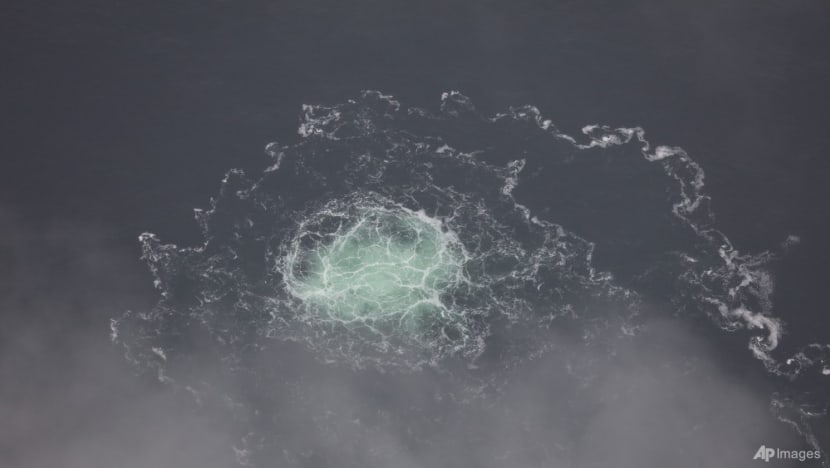FRANKFURT: The September 26, 2022 explosions that damaged the Nord Stream pipelines cut off a major route for Russian gas exports to Europe and fuelled geopolitical tensions already running high over Moscow's invasion of Ukraine.
But one year on, and despite investigations in three countries, the question of who was responsible for the brazen act of sabotage remains unanswered.
In the absence of hard evidence, different theories have emerged pointing the finger at Ukraine, Russia or the United States. All have denied involvement.
WHAT HAPPENED?
Late last September, a series of underwater blasts ruptured three of the four pipelines that make up Nord Stream 1 and Nord Stream 2, spewing gas into the Baltic Sea.
Russian energy giant Gazprom had in August already halted flows through Nord Stream 1, the main conduit for Russian natural gas to Germany, amid disputes over the war in Ukraine.
The newly completed Nord Stream 2 twin pipelines never opened as Berlin pulled the plug on the project days before Russian troops entered Ukraine on Feb 24, 2022.
The 10 billion euro (US$10.6 billion) Nord Stream 2 had long been opposed by Ukraine, the US and eastern European countries who feared it would give Russia too much influence over Germany's energy security.
